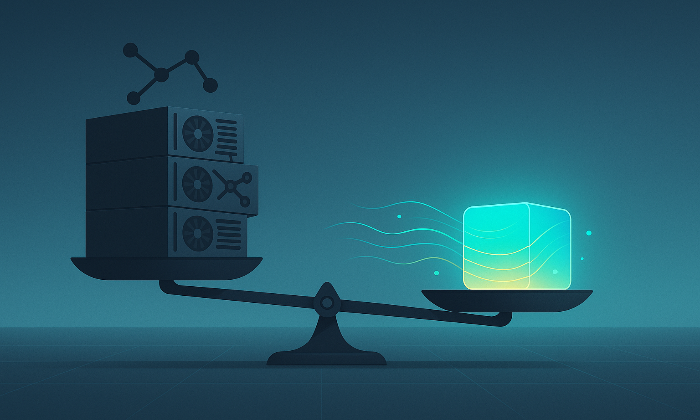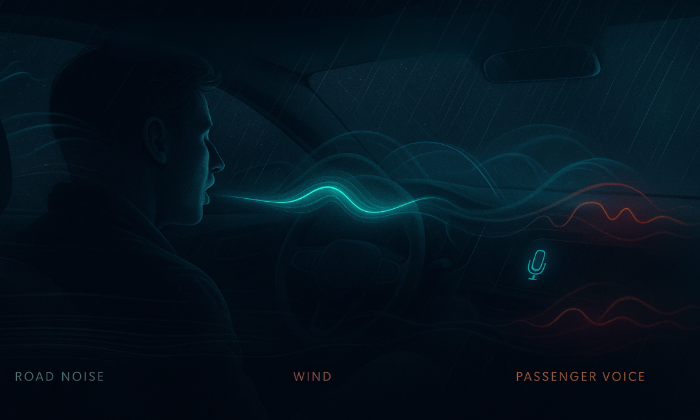What is the ideal duration of audio per speaker in a voice cloning dataset?
Voice Cloning
Dataset
Speech AI
In the realm of voice cloning, determining the right audio duration per speaker is vital to achieving high-quality and expressive voice synthesis. Experts agree that the optimal range is around 30 to 40 hours per speaker. This duration strikes a balance between capturing nuanced vocal characteristics and providing ample variety for machine learning models to learn effectively.
Why Audio Duration Matters in Voice Cloning
The duration of audio per speaker directly influences the performance of trained models.
Limited voice data can hinder models from capturing the full range of phonetic and prosodic features crucial for creating a convincing voice clone. A more extensive text-to-speech dataset allows for the inclusion of diverse emotional tones, speech patterns, and unique vocal inflections, all essential for crafting adaptable and realistic voice clones.
Defining the Ideal Audio Duration for Voice Cloning
- Minimum Requirements: Starting with at least 30 hours of audio provides a solid foundation. This duration includes a variety of emotional expressions and speaking styles, contributing to more versatile voice synthesis.
- Optimal Range: Extending to 40 hours ensures sufficient variability, enabling models to learn from different contexts and speaker behaviors. This range supports adaptability across various scenarios, from casual conversations to storytelling.
Importance of Speaker Diversity in Voice Cloning Datasets
In addition to audio duration, speaker diversity is crucial.
A comprehensive dataset should include speakers of different genders, ages, accents, and emotional ranges. This diversity enriches the learning process, allowing models to generalize better across different contexts and applications.
Key Considerations for Audio Duration Selection in Voice Cloning
Several factors influence the decision on audio duration:
- Quality of Recording: Using studio-grade equipment ensures models capture the speaker’s voice subtleties. Poor audio quality can undermine the benefits of longer recordings.
- Type of Speech: The nature of the speech—scripted, unscripted, emotional, or neutral—affects the required audio length. Emotional speech may need more context to convey nuances, possibly requiring longer recordings.
- Use Case Requirements: Different applications may have unique requirements. For example, a voice assistant might need more conversational data, while storytelling applications may benefit from expressive speech patterns.
Avoiding Common Mistakes in Audio Duration Selection
Teams often encounter pitfalls when determining audio duration:
- Underestimating Variability: Choosing only the minimum duration without considering expressive qualities can result in less depth in the synthesized voice.
- Ignoring Context: Overlooking the target use case can produce poorly optimized voices. For instance, a virtual assistant should reflect a different tone than an audiobook narrator.
Real-World Impacts & Use Cases
Voice cloning datasets with the right duration and diversity can significantly enhance applications such as:
- Virtual assistants
- Audiobooks
- Gaming characters
These applications benefit from expressive, nuanced voice clones that adapt to various contexts, improving user engagement and experience.
How FutureBeeAI Supports Proficient Voice Cloning
At FutureBeeAI, we provide custom speech datasets tailored for voice cloning, supporting global teams in developing personalized speech technologies.
Our datasets feature studio-grade, diverse, and ethically sourced voice data, ensuring high-quality inputs for your projects. With structured delivery and comprehensive speaker diversity, we help you build reliable and expressive voice systems.
For AI-driven voice projects requiring domain-specific datasets, FutureBeeAI can deliver production-ready data within weeks, empowering your team to achieve exceptional results in voice cloning.
Smart FAQs
Q. How does the quality of recordings impact voice cloning?
A. High-quality recordings capture intricate details of a speaker’s voice. Poor audio can hinder model performance, leading to less convincing voice clones, regardless of recording duration.
Q. Can shorter audio durations still yield effective voice clones?
A. While possible, shorter durations may compromise output quality and adaptability. Longer durations generally offer a better foundation for nuanced speech synthesis.
What Else Do People Ask?
Related AI Articles
Browse Matching Datasets
Acquiring high-quality AI datasets has never been easier!!!
Get in touch with our AI data expert now!








